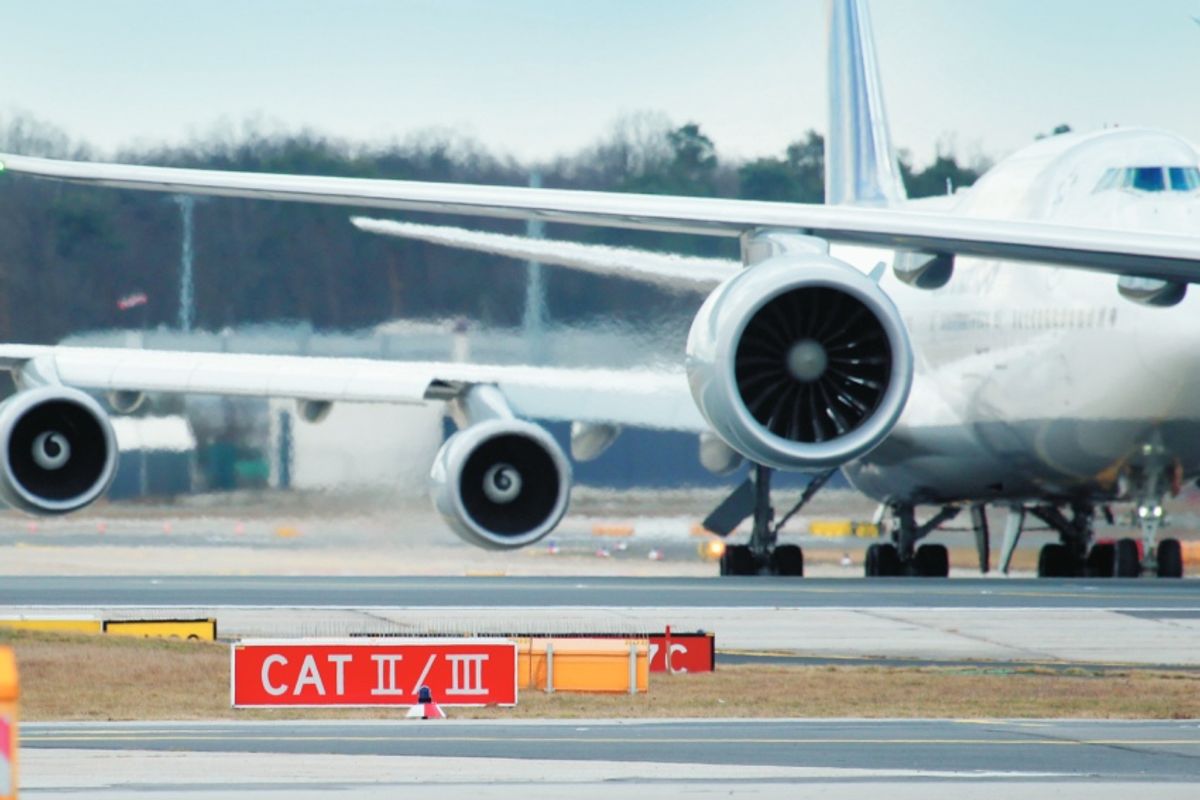Bussiness
VDR and IATA condem German air passenger tax increase

The cost of air travel in Germany is set to increase after the German government’s proposed 20 per cent rise in air passenger levies came into effect on 1 May.
The tax increase will be levied on passengers departing German airports, with the rate dependent on flight distance. Short-haul flights, for example, will see taxes increase to €15.53 per passenger, up from €12.48.
Medium-haul flights will now incur levies of €39.34 per passenger instead of €32.25, while long-haul flights, including transatlantic services, will see the tax increase by close to €14 to €70.83, up from €56.91.
Following months of strikes that have caused disruption to air travel across the country and hampered the industry’s post-pandemic recovery, the International Air Transport Association (IATA) has vehemently criticised the move, stating the increased surcharge will not only “weaken” the German economy but also “damage” aviation’s ability to decarbonise.
In a statement, IATA director general Willie Walsh said: “When Germany’s economic performance is anaemic at best, denting its competitiveness with more taxes on aviation is policy madness.
“The government should be prioritising measures to improve Germany’s competitive position and encouraging trade and travel,” he added.
German travel buyer association VDR has also condemned the tax hike, which it cautioned as part of “an ever-increasing trend” that “must be corrected”.
“The tax was last increased by up to 77 per cent in 2020. Air traffic control charges have also more than doubled since 2021. And aviation security fees are set to rise by up to 50 per cent by 2025,” expressed VDR president Christoph Carnier.
“All of this means that flying to and from Germany is expensive. These additional costs have to be borne by travellers, in our case business travellers.”
Speaking to BTN Europe, Carnier said that if the government continues to increase levies on travel, “Germany runs the risk of being left behind in the long term”.
“Business travel is necessary and contributes to enormous economic value creation in Germany. Direct access to international air transport must therefore be guaranteed,” he added.
While a number of EU member states currently impose a levy on air tickets, the tax in Germany is among the highest, according to German business newspaper Handelsblatt. The UK in April also increased its air passenger duty for non-economy travellers.
While IATA’s Walsh believes the German tax increases will make it harder for airlines to invest in sustainable aviation fuels and other decarbonisation efforts, Carnier also warned that the country’s intermodal services “cannot currently compensate for the lack of medium-haul routes” if travellers seek out greener travel alternatives, such as rail.
“Ultimately, the increase in prices does not help the environment either. This is because people who want and need to fly will increasingly board flights in neighbouring countries and fly via foreign hubs. In other words, they will accept detours and thus higher environmental impacts in favour of cheaper ticket prices,” he said.









